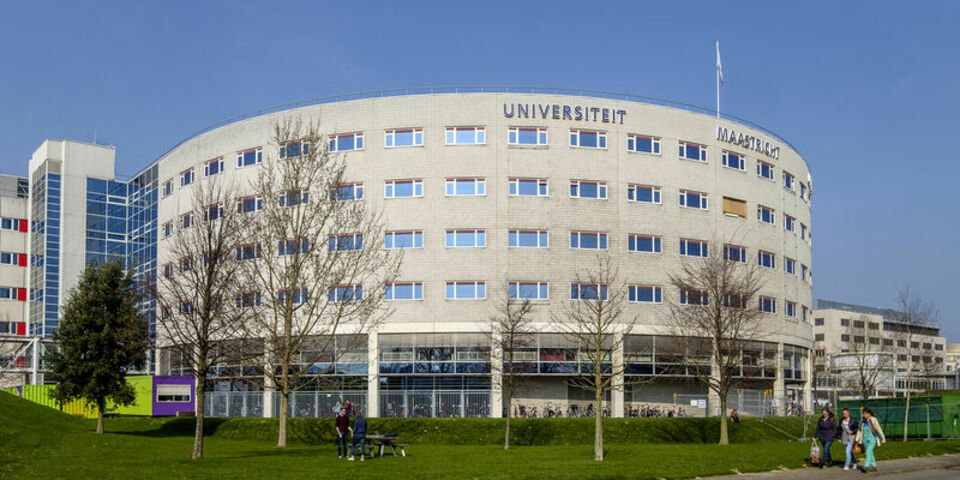Just like TU/e, Maastricht University calls for rules on intake of internationals
Maastricht University is calling for appropriate measures on limiting the number of international students to avoid disastrous consequences. For a region like Limburg, internationalization isn’t a problem but a solution, is the gist of the urgent letter that was sent to Dutch Minister of Education Robbert Dijkgraaf and the parliamentary parties.
The letter, sent jointly by Maastricht University and a broad coalition of municipalities, the province, employers’ and employees’ organizations, companies and Maastricht UMC+, mentions necessary measures such as tailor-made laws and regulations. Education institutions need these to keep welcoming international talent. In addition, structural support and an improved infrastructure are said to be essential elements for innovation and growth in the region.
Alongside the letter, the Limburg vocational education and training (MBO), higher professional education (HBO) and university education (WO) institutions issued a manifesto. This says that if appropriate measures aren’t taken, this will lead to the disappearance of jobs and study programs in the region, which would have a huge negative impact. It would be at the detriment of all the developments that took place in the region to attract international talent and have disastrous consequences for the Limburg economy.
Exception for TU/e
Maastricht University’s call is reminiscent of the similar plea Jeroen Dijsselbloem, the Mayor of Eindhoven, held recently. He called for an exception for TU/e when it comes to the limiting of international students. To this end, he came up with the ’65 percent stay rate guarantee’, which would mean that the university can keep taking in international students providing that 65 percent of them stay in the Netherlands after graduating.
According to Executive Board President Robert-Jan Smits, internationalization is of vital importance for TU/e’s growth. About thirty percent of its students aren’t Dutch and over fifty percent of the intake in 2023 was international. “A decrease in the intake would have major consequences for the Netherlands, including for Brainport,” he says in an interview with Cursor. Smits also indicates TU/e would like to get an exception. “Exceptions can be made, and I’m counting on that for the technical universities.”


Discussion